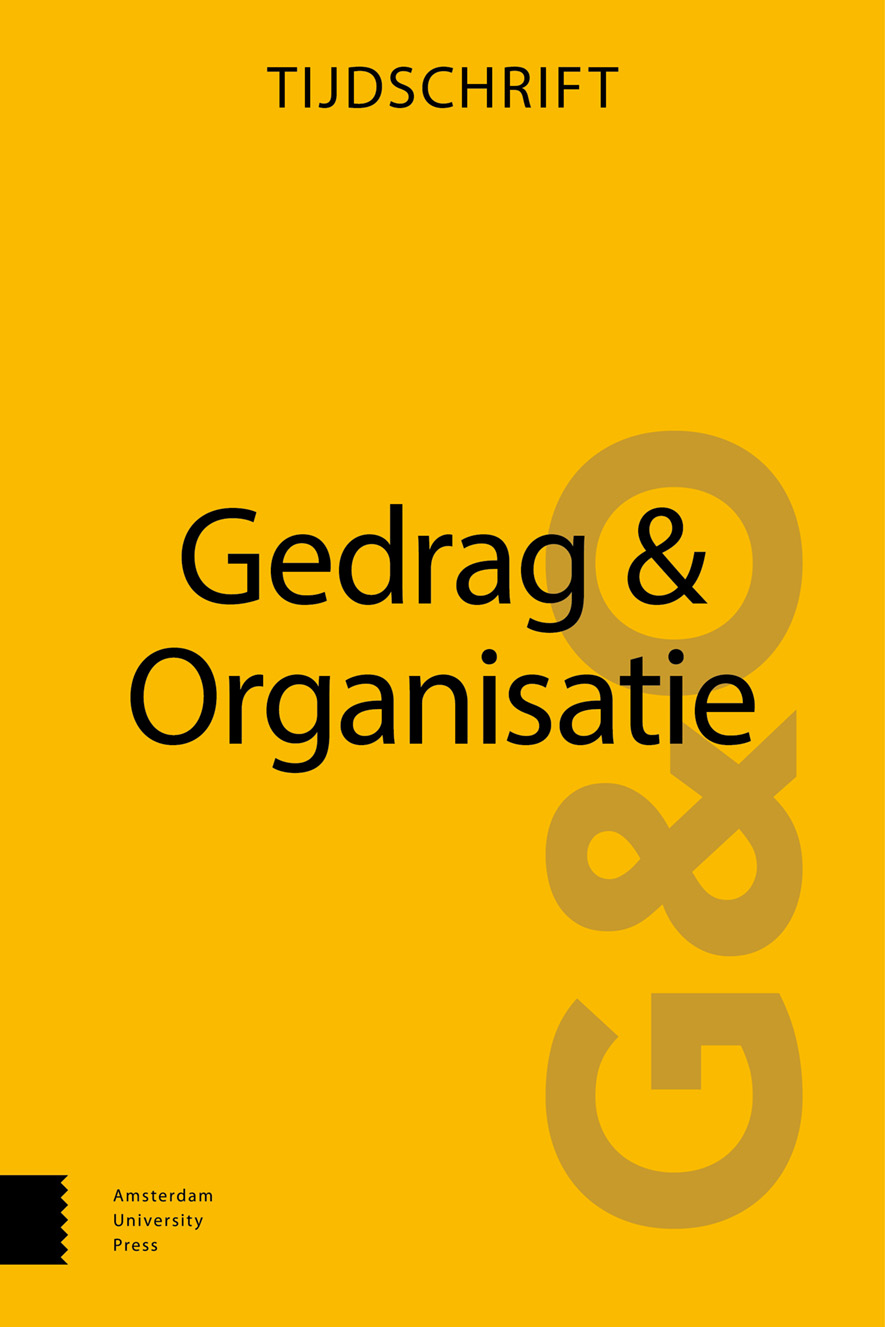-
oa Enthousiasme en charismatisch leiderschap: een scenario-experiment
- Amsterdam University Press
- Source: Gedrag & Organisatie, Volume 17, Issue 4, Dec 2004,
Abstract
Enthusiasm and charismatic leadership: a scenario experiment
Frederic Damen, Barbara van Knippenberg & Daan van Knippenberg, Gedrag & Organisatie, Volume 17, August 2004, pp. 272-288.
Analyses of leadership, in particular of charismatic leadership, mention the display and transference of emotions of the leader, especially enthusiasm, as important ingredients of charismatic leadership. Quantitative support, however, for the role of emotions in general is scarce, whereas quantitative support for the role of enthusiasm is lacking. In this paper a model of leadership emotions is presented, which focuses on the effects of enthusiasm of the leader on the perceptions of the followers ,as well as on the process underlying these effects.
A scenario experiment showed that enthusiastic leaders are perceived as being more charismatic than relaxed leaders and this effect was mediated by translation of (self reported) arousal. Charisma was found to function as a mediator in the relationship between arousal and perceived leader effectiveniss. The model therefore implies that an enthusiastic leader transfers more arousal tot followers than a relaxed leader. This transfer of arousal leads to higher perceived charisma of the leader and therefore implies that an enthusiastic leade transfers more arousal to followers than a relaxed leader. This transfer of arousal leads to higher perceived charisma of the leader and therefore, ultimately, to a higher perceived leader effectiveness.


